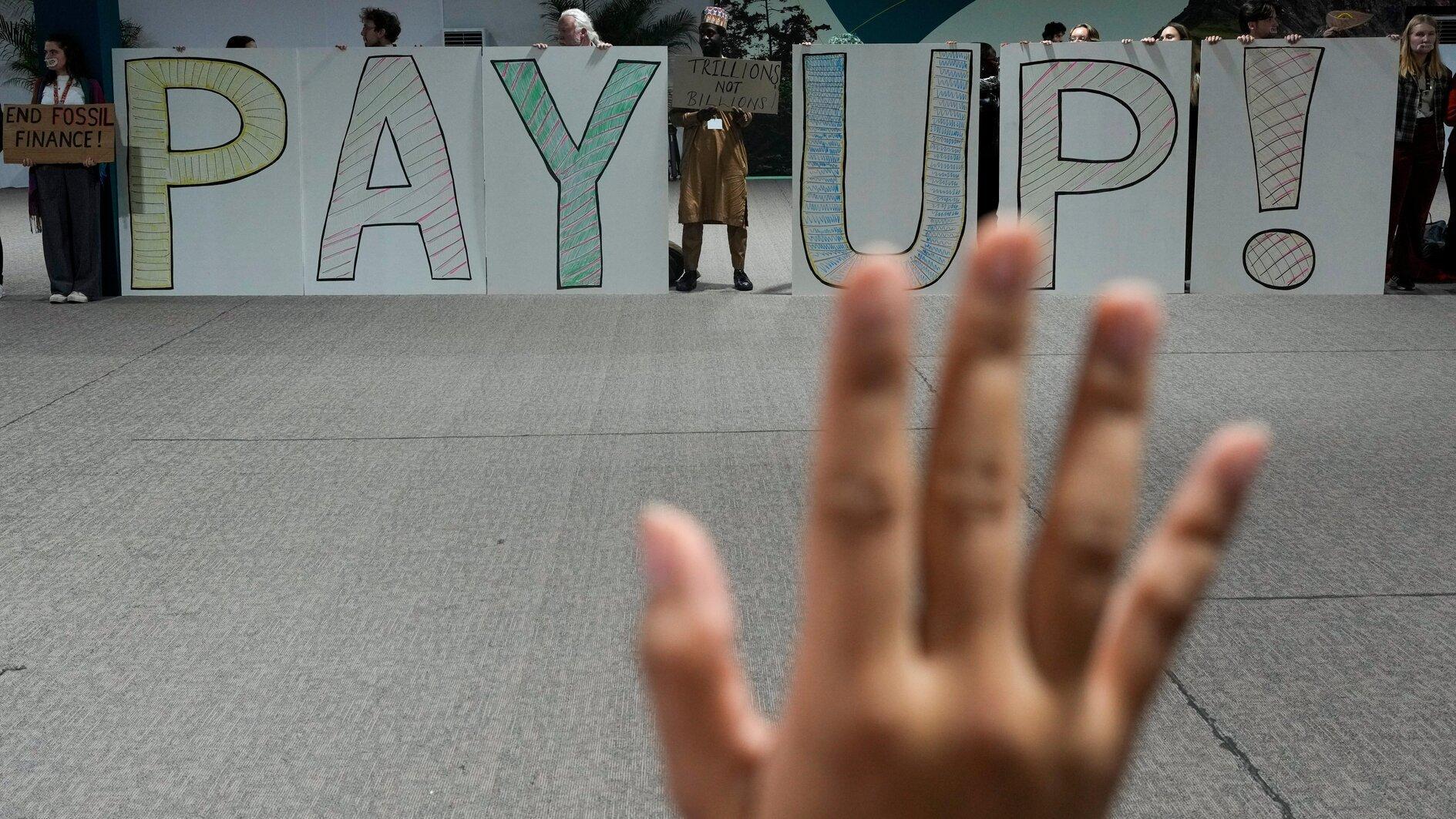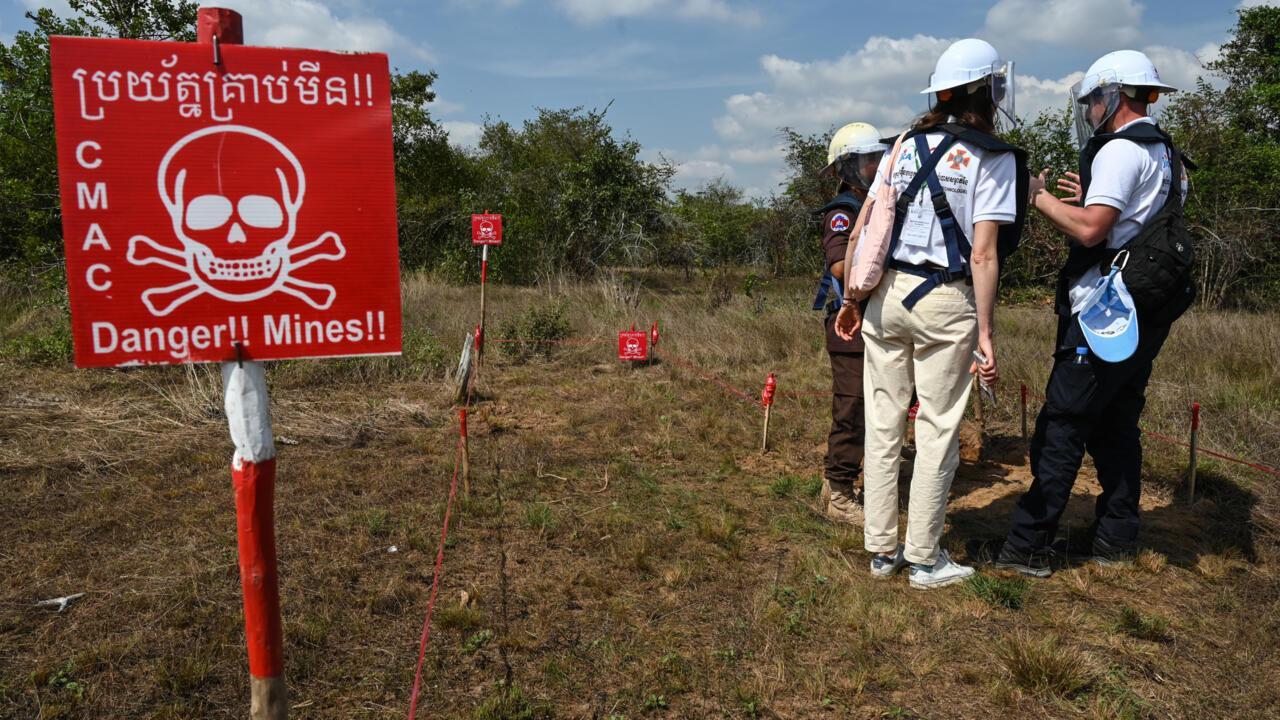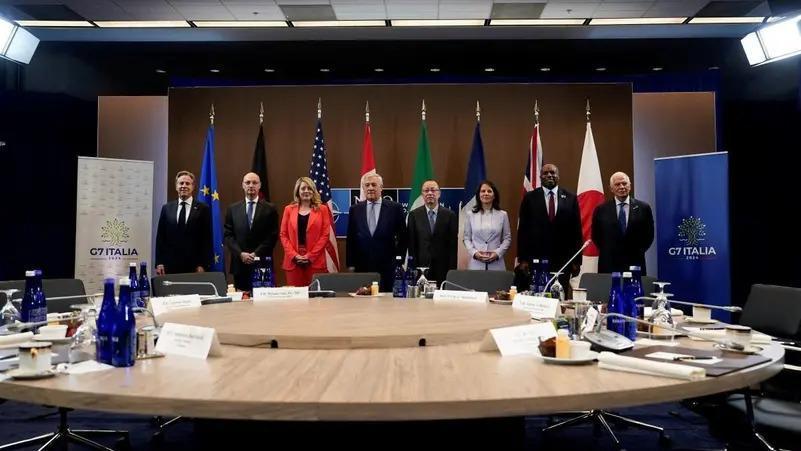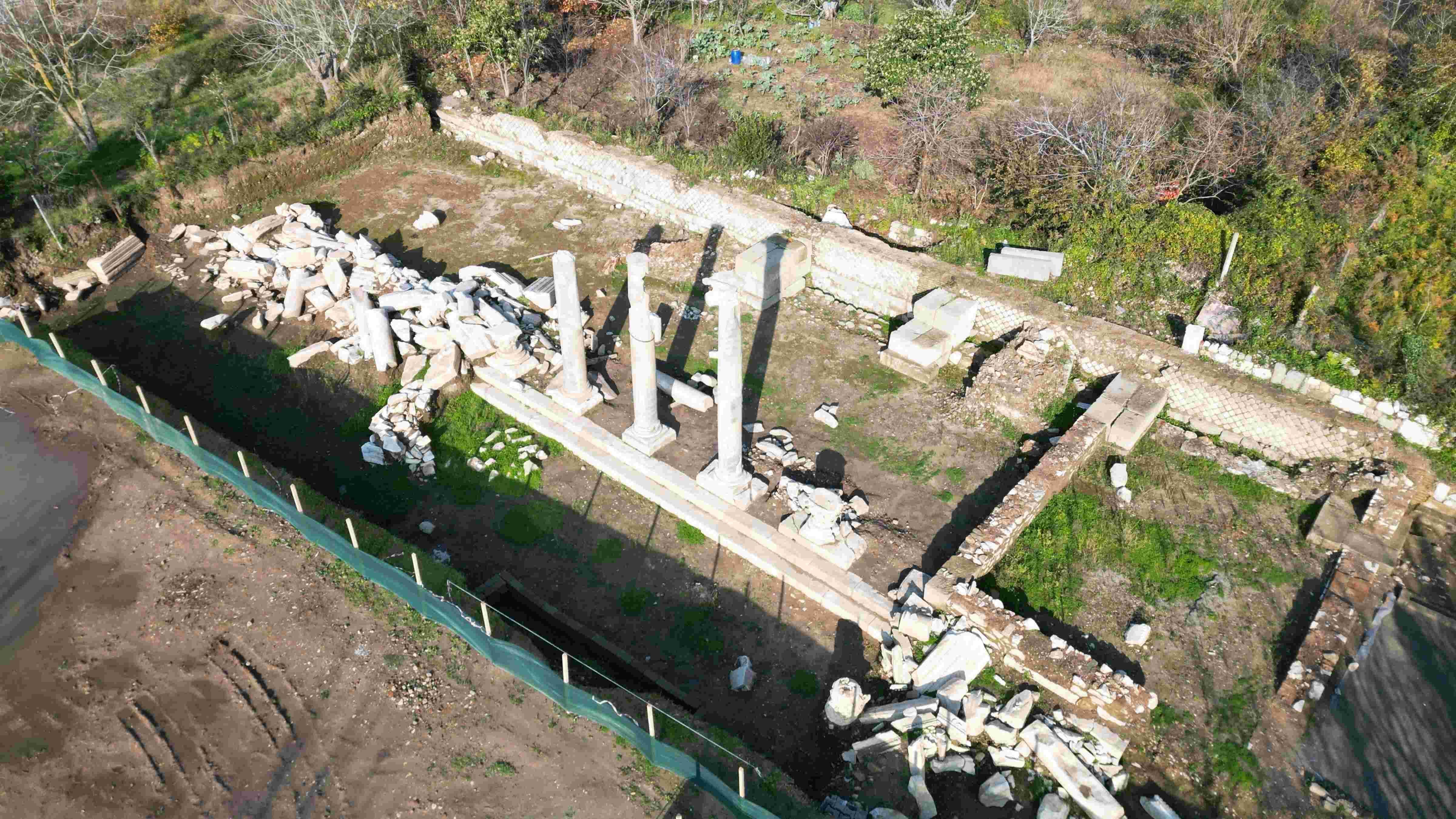Iranian firms get closer to Turkey, says businessman
ISTANBUL - Hürriyet Daily News
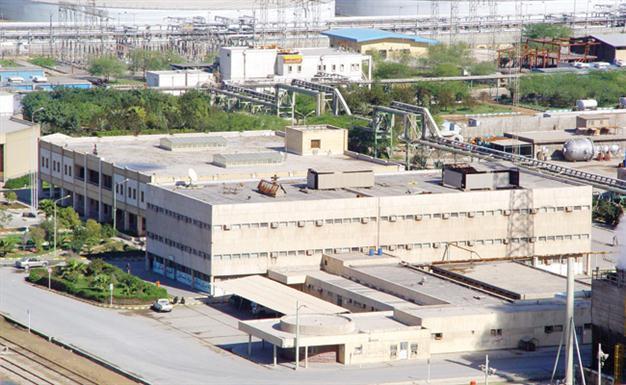
Gübretaş readies to establish a new plant in Razi, the capital of the Arshaq district in northern Iran, to increase its production capacity by 1 million tons annually, according to Osman Balta, the newly appointed general manager of the fertilizer producer. Hürriyet photo
Gübretaş, the Turkish fertilizer producer also active in Iran, is encouraging Iranians to continue doing business with Turks despite growing United States and European Union sanctions on the Islamic republic, said the top executive of the firm yesterday.“We have encountered no difficulty in our business with Iran yet since the embargo does not include fertilizers,” said Osman Balta in an interview with Hürriyet Daily News.
He said the company has recently started up a new firm based in Istanbul, Razi International Trade Company (Raintrade), to coordinate the transactions with the fertilizer facilities in Iran. The company used to manage exports from Iran directly from its facility in Razi, the capital of the Arshaq district, in the country’s north.
“We are doing transactions through state-owned Halkbank and some other banks with no difficulty,” added Balta.
Moreover, “Some Iranian businesses used to work with Qatari and Bahraini banks and they started to look toward Turkey since such countries started to launch the measures against Iran,” said Nihat Vuran, the director of the corporate communications department at Gübretaş.
“There are many Iranian firms looking for opportunities here in Turkey as Iranian businessmen want to open to the world,” said Balta.
According to official data, the number of Iranian firms established in Turkey registered a record increase last year. Some 590 Iranian firms were established while the number of Iranian joint ventures hit a total of 2,140. Iran was also the No. 1 country in terms of the increase in the number of firms in Turkey, hitting 41 percent in 2011.
“Many of the Iranian investors in Turkey have been inspired by our operations in Razi,” Balta added.
$150 million investment
The company readies to establish a new plant in Razi to increase its production capacity by 1 million tons. Noting that the company acquired Iran’s Razi Petrochemical in 2008 for $656 million, “We are planning to make $150 million for our new plant in Iran,” said Balta.
Iranian authorities aim to attract more Turkish investment in the Islamic republic upon observing the successful operation of the Razi facilities, according to Balta.
“There have been some Turkish investments in Iran previously, but most of them did not work as the majority of the shares were owned by Iranians,” he said. Noting that only 4.35 percent of the Razi shares were owned by the Iranian employees of the company, the majority of the shares were controlled by the Turkish companies, he said.
“In management, Iranians are not that much open to the world like us, in that sense there is a great opportunity lying there for Turkish firms,” Balta said, noting that many Western firms hesitate to break into the Iranian market due to the sanctions and cultural differences with the Islamic republic.
According to him, Turkish businesses have the advantage of doing business in Iran with no problems.
Turkish President Abdullah Gül had previously said the Turkish state would support the Turkish businessmen’s investments in Iran during an official visit to Tehran from Feb.13 to 16 last year.
Balta said Gübretaş was interested in acquiring fertilizer companies or phosphate deposits in Tunis, Algeria and Egypt. “We are having talks with some companies in these countries,” he added. Gübretaş has also recently become interested in the phosphate deposits in southern Iraq and Syria.
Gübretaş reached nearly 2 million tons production last year, reaching a total revenue of 922 million Turkish Liras. Turkey operations of the company recorded nearly 1.22 billion liras by the end of last year. Gübretaş aims to reach nearly 2.42 billion liras by the end of 2012, according to Balta.


